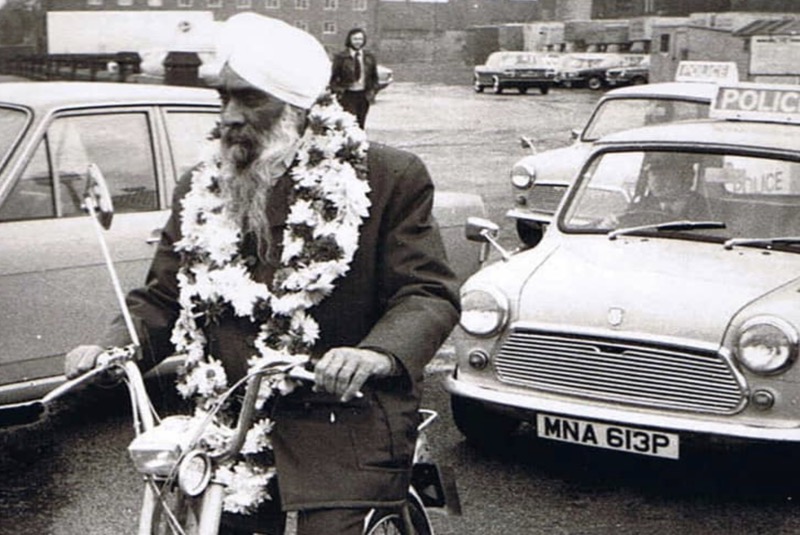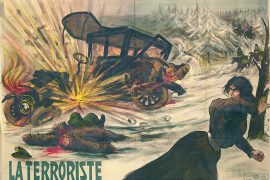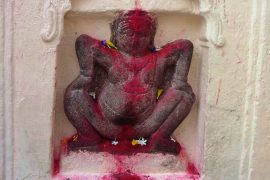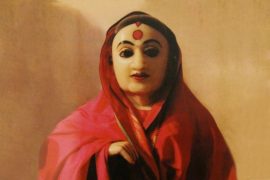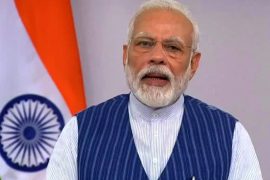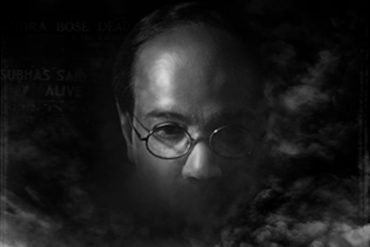In 1958, Gyani Sundar Singh Sagar applied to work as a bus conductor in the city of Manchester. The uniform of the employees required a peaked cap. Gyanji, being a practising Sikh, could not wear that. He had his turban, symbolic of his faith. The administration refused to hire Gyanji, who would not compromise his turban. It was then that the battle for turbans began.
Sikhs had won half of the Victoria crosses, the most prestigious award, in their service in the British Indian Army. They had worn turbans when serving Britain. They died fighting the country. But why couldn’t, the Sikhs asked, the country allow them to work and earn their living wearing a turban?
If a man is clean, polite and has a sense of duty, what difference does a hat make?
Gyani Sundar Singh Sagar was born in Sialkot, Punjab (now in Pakistan), in 1917. He moved to Manchester, England, in 1949. He was so committed to his community that it earned him his title, ‘Sagar,’ meaning the ocean; he was also respected and loved by the local community of Manchester.
After seven years of campaigning to let Sikhs keep their turbans on under Gyaniji’s leadership, the Manchester City Council relented and started allowing Sikhs to wear a turban instead of a hat while working on the bus as a driver or conductor. Since Gyaniji was too old to serve as a conductor, Mukhtiar Singh, his brother’s son, became the first Sikh to wear a turban while driving a bus and working as a conductor in Manchester.
The 1972, the Motorcycle Crash Helmet Act did not make any provisions for Sikhs in England. In the early 1970s, when Sikh men travelled on motorbikes, they were often stopped by the police; they could not wear crash helmets because of their turbans, a violation of the act. Ergo, they were often fined for it.
Does a man have to choose between their faith and the law? Shouldn’t the law make provisions for religions practised by all citizens?
This prompted the formation of The National Turban Action Committee by Baldev Singh Chahal. The organisation fought for laws to allow Sikhs to wear turbans instead of helmets.
Gyanji joined the organisation upon Chahal’s invitation to lead the campaigns. He actively raised his concerns against the Motorcycle Crash Helmet Act. As an act of rebellion, the fifty-five-year-old, 6-foot-tall man bought himself a moped. He didn’t want to ride one as much as he wanted to make a point. With that moped, he rode around Manchester in his turban. He was stopped and fined several times but refused to pay. Finally, one day, Gyanji was arrested.
Gyanji willingly took the punishment, knowing that it would highlight the efforts of the Sikh community seeking to practice their religion without the government putting limits on their traditions. He was correct, as his seven days in prison sought much of the press’s attention across the nation.
On the day of his release, the national media and press arrived in Manchester. They waited at the gates of the prison alongside the members of the Sikh community and supporters of Gyanji and the National Turban Action Committee. He was greeted with garlands and cheers upon coming out.
Emerging out of the prison, this man had not changed his motives and methods of rebellion. He had instructed his son to come along with his moped. As the police watched, Gyanji hopped onto his two-wheeler, turned it on, and raced it home without a helmet.
Photographers were lined up on the pavements, and the press followed him through his journey. He was charged seven times during that ride home. Even the journalists who followed him home found themselves booked for trying to photograph Gyanji.
On 4 October 1976, the Motor-Cycle Crash Helmets (Religious Exemption) Bill was discussed in the House of Lords. Lord Avebury argued in the support of Sikhs, explaining the importance of turban in Sikhism. He also points out that many other commonwealth countries which have made crash helmets compulsory have made an exemption for Sikhs to keep wearing their turban. The bill found support from many lords. Examples of a turban providing as much safety as a metal helmet were also presented.
Sikhs and the Punjab regiment were commended for their service in World War II. Sikhs had rebelled to keep their turbans on during the service, which demanded that they wear steel helmets. The order was given in their favour. Later, it was noted that Sikhs who wore turbans did not sustain any more injuries than other battalions wearing the mandatory steel helmets. The lords sought to pass the bill and stressed the importance of the amendment to the Sikh community in the United Kingdom. It said:
From one point of view we might say this is a small Bill; it is short, and as regards its effect it may not seem to be of tremendous importance. But it is of tremendous importance, of fundamental importance to the Sikh community, and it is essential, if we are to comply with the spirit as well as with the letter of the Human Rights Convention. It will be hailed as a great step forward in the Sikh community in our own country, and across the world I believe it will enhance the great reputation this country has earned for conferring freedom on all the citizens of our country.
Finally, the bill passed with the amendment that exempted Sikhs from wearing helmets as long as they wore turbans. Sagar passed away in 1996 in Manchester. He has been celebrated within the Sikh community of the United Kingdom. In 2016, his moped was displayed at the Manchester Central Library to honour his turban campaigns and activism.
-30-
Copyright©Madras Courier, All Rights Reserved. You may share using our article tools. Please don't cut articles from madrascourier.com and redistribute by email, post to the web, mobile phone or social media.Please send in your feed back and comments to editor@madrascourier.com

